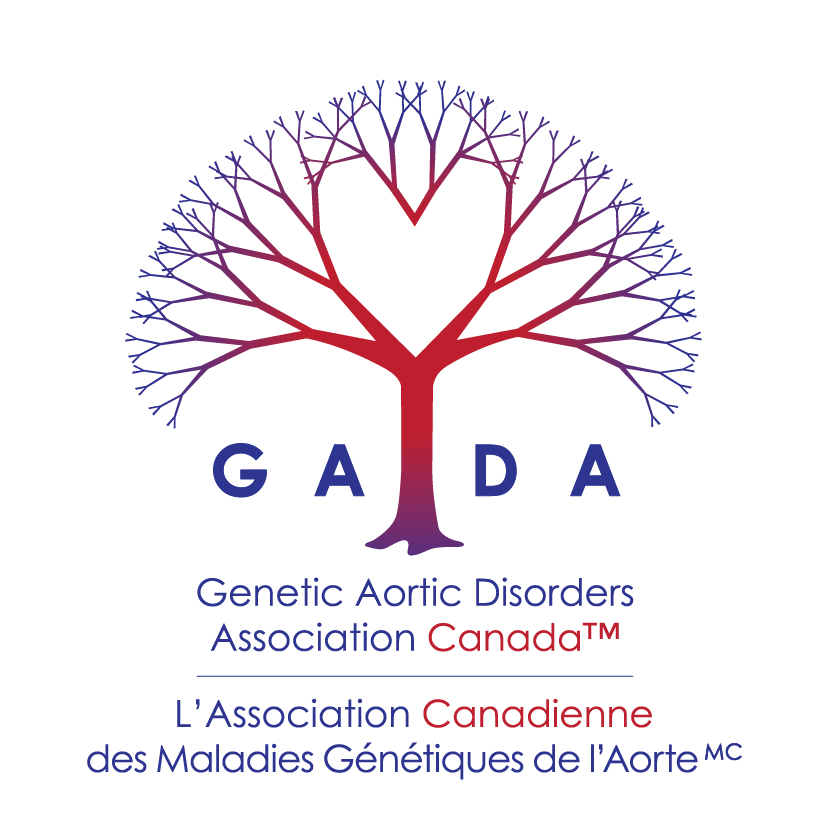GADA Is Here To Help! Jim's Testimonial Explains How GADA Has Helped In His Journey
Written in 2021 by Jim
Dear GADA Canada family, friends, and supporters,
It gives me great pleasure to write in support of the Genetic Aortic Disorders Association Canada (GADA). This organization has played a fundamental and invaluable role in my life as I’ve managed and lived with a genetic aortic condition for nearly three decades now.
To me, organizations like GADA play a critical role with respect to chronic, life-threatening diseases such as Marfan and its related disorders by disseminating information, promoting research and providing support to patients and their families. And this is certainly the role that GADA has played in my journey.
I was first diagnosed with what my doctors suspected was Marfan Syndrome back in 1991, when I was 29. The news of a potentially life-threatening disease is going to be a disorienting shock at any stage in life, and for me it arrived as I was preparing to depart for a graduate program in the United States. Suddenly all of my assumptions about the path that lay ahead of me were called into question.
In my case, I was very fortunate to have excellent medical care from the beginning. But while doctors can provide facts and clinical advice, I had an endless stream of questions about lifestyle and expectations. Fortunately, I was immediately referred to the Canadian Marfan Association (as GADA was called back then) who gave me some excellent background material on the condition, introduced me to other patients who could share their experiences and perspectives, and provided me with the names of contacts in California (where I was headed to study). The information from these sources gave me the confidence to proceed with my plans and ultimately complete my education uninterrupted.
At the same time, GADA was performing a second support role with respect to my parents. Conditions such as aortic disease affect not only the patient, but also caregivers and loved ones. So as I was absorbing the news of my diagnosis, my parents had their own fears and concerns. Once again, GADA played a critical role here, putting my folks in touch with other caregivers who were able to brief (and reassure) them about this new aspect to their lives.
Then there’s research. When I was first diagnosed, my impression was that Marfan was solved: the gene that causes it had been identified and surgical treatments had been developed. My view was that it was a condition that you simply had and needed to manage. Since then however, new surgical techniques have been developed (one of which I was able to take advantage of), Marfan has been shown to be a much wider family of conditions (as it turned out, one of them might better describe my circumstances) and advances in molecular medicine hold out new hope for better treatments. So there’s still wide scope for organizations such as GADA to encourage and fund research.
Finally, GADA provides a platform where medical professionals and patients can gather to exchange ideas and communicate advances. Even though I currently live in the United States, I’ve still found it worthwhile to make the trip to Canada for GADA’s annual symposium, where I’ve regularly picked up new information that’s had a direct impact on the management of my condition.
In short, GADA is an integral and invaluable part of the management of genetic aortic disorders for patients like myself and their families. It’s more than worthy of my ongoing support – I know that I’ll never be able to put back into it what it has given me – and I encourage others to do likewise.
